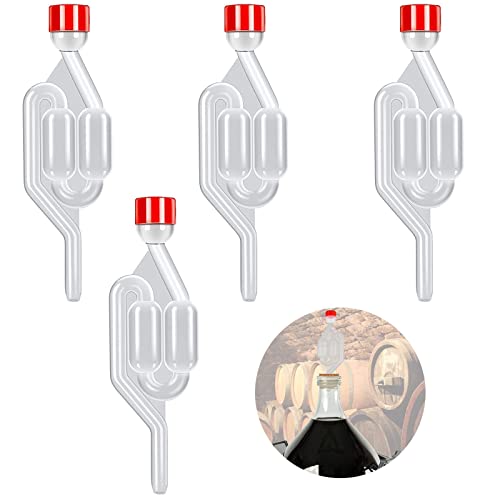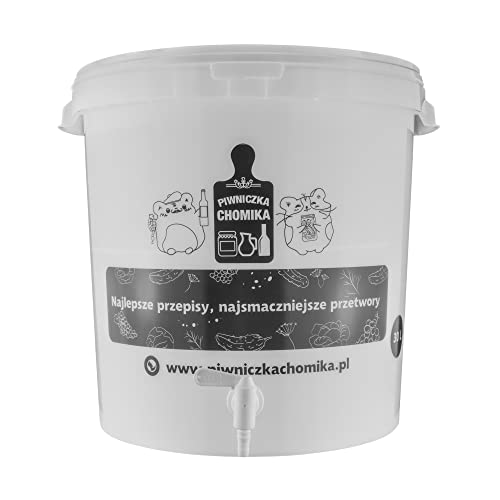mirsultankhan
Landlord.
Ha! I see you've sussed the 'easy option' and just concentrate on adjusting the alkalinity - which is what I do.
Don't much about the other calculator as I've not used them but if I'm reading you right and understanding things correctly I think you may have got a bit confused about what the old forum calc is telling you to use to adjust alkalinity. It's brupak CRS that you use not any other salts; although I think they lower the alkalinity (and therefore mash PH) incidently but the main factor is the CRS acid
Actually because I have soft water I don't really need the CRS, I have the opposite problem of not having enough carbonate for certain styles of beers. My water is fine for pale ales but the darker I go the more iffy it becomes.
Brupaks CRS (Carbonate Reducing Solution) is an acid blend which, when added to brewing liquor, reduces the level of carbonate without the need to boil. Darker beers can tolerate higher levels of carbonates.
I made the mistake of tasting some of the salts today just out of curiosity, i can tell you that calcium chloride is not very tasty and burns your tongue.




























![BREWING THERMOMETER STICKERS ACCURATELY MONITOR FERMENTING BEER & WINE LIQUID TEMPERATURES 5PCS HOME BREW SPIRITS WINE LCD ADHESIVE [US]](https://m.media-amazon.com/images/I/311DDjo2X3L._SL500_.jpg)











